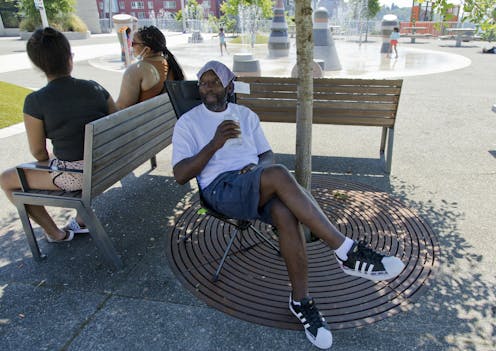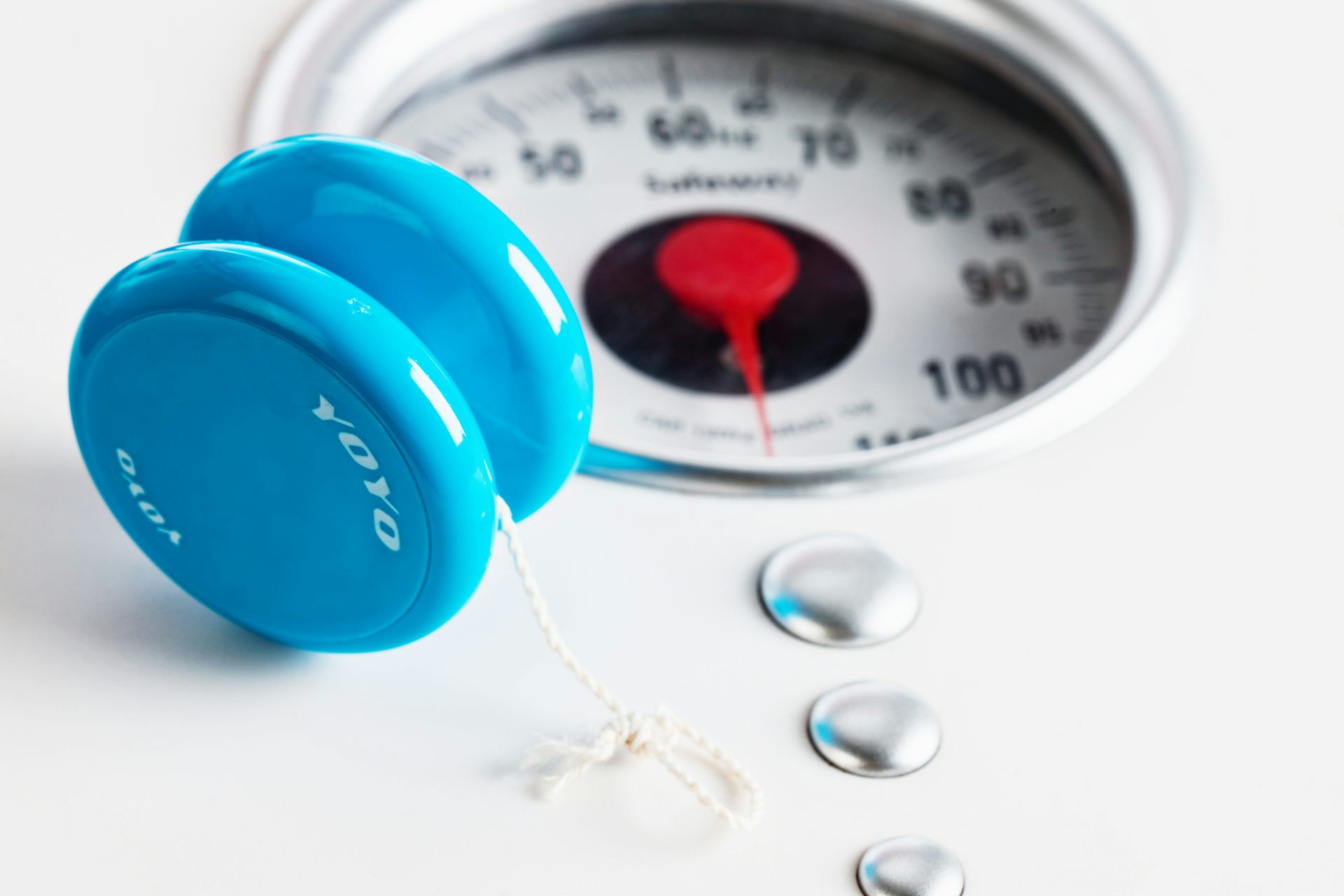3 tips for preventing heat stroke
Left untreated, heat stroke can be fatal, and the elderly are the most at risk.

As a primary care physician who often treats patients with heat-related illnesses, I know all too well how heat waves create spikes in hospitalizations and deaths related to “severe nonexertional hyperthermia,” or what most people call “heat stroke.”
Heat stroke is when a person’s core body temperature rises too high – often more than 104 F (40 C) – because high environmental temperatures and humidity prevent the body from cooling itself through sweating and breathing. As heat stroke develops, a patient experiences rapid heart rate, ragged breathing, dizziness, nausea, muscle cramps and confusion. Eventually the patient may lose consciousness entirely.
Without medical intervention, heat stroke is often fatal. On average, about 658 Americans die each year from heat stroke, according to the Centers for Disease Control and Prevention.
Victims of heat stroke can be any age, but most often it strikes the elderly – particularly those over the age of 70 – because our bodies’ ability to cool off declines with age. Additionally, many common medications used to control blood pressure, seizures and psychological disorders reduce a person’s ability to regulate temperature. Those risks increase even more when an elderly person doesn’t have awareness of the dangerous heat wave, doesn’t have working air conditioning in their home and doesn’t have anyone to check on them.
In addition to advancing age, other factors that increase the risk for heat stroke are obesity, diabetes and heart disease.
Here are three tips on how to prevent this potentially deadly condition:
Stay hydrated. In hotter weather, increase your water intake and avoid sugary drinks and alcohol. If your doctor has limited your daily water intake because of heart failure or another diagnosis, stay in communication with them during a heat wave to avoid medical complications.
Rest. Don’t exercise during the hottest hours of the day – typically between 10 a.m. and 5 p.m. – and expect longer recovery time after exercise when heat and humidity are elevated.
Find a cool environment. If you don’t have an air conditioned home or car, try:
- wearing light, breathable clothing
- avoiding time in direct sunlight
- spraying yourself with water and sitting in front of a fan
- taking a cool bath or shower
- placing a cold pack on your neck, armpit or head
- contacting your local health department about local heat-relief shelters
Fans help – not by lowering the air temperature but by causing air movement over the skin, resulting in evaporation of sweat, which lowers the body temperature. Even though fans are useful, air conditioning is better in high humidity because it produces drier air that allows your body to cool itself more readily.
In a heat wave, take time to check in with your elderly neighbors, family and friends to make sure they have the means to stay cool. If you encounter someone having the symptoms of heat stroke, call 911 to get them to an emergency room for evaluation and treatment.
Perhaps the Lovin’ Spoonful said it best in their hit song “Summer in the City.”
Hot town, summer in the city Back of my neck getting dirty and gritty Been down, isn't it a pity Doesn't seem to be a shadow in the city The song’s next line “All around, people looking half-dead” doesn’t have to describe you if you learn to avoid heatstroke. Just stay cool, rest and stay hydrated. Simple, right?
This story is an update of a story originally published on July 18, 2019.
Gabriel Neal does not work for, consult, own shares in or receive funding from any company or organisation that would benefit from this article, and has disclosed no relevant affiliations beyond their academic appointment.
Read These Next
What Olympic athletes see that viewers don’t: Machine-made snow makes ski racing faster and riskier
US Olympic skiers and scientists explain the sharp differences between natural snow and machine-made…
AI-generated text is overwhelming institutions – setting off a no-win ‘arms race’ with AI detectors
People are using generative AI to flood courts with filings, legislatures with constituent letters and…
You’ve reached your weight loss goal on GLP-1 medications – what now?
Due to the body’s natural tendency to restore its former weight, many people regain their lost weight…






